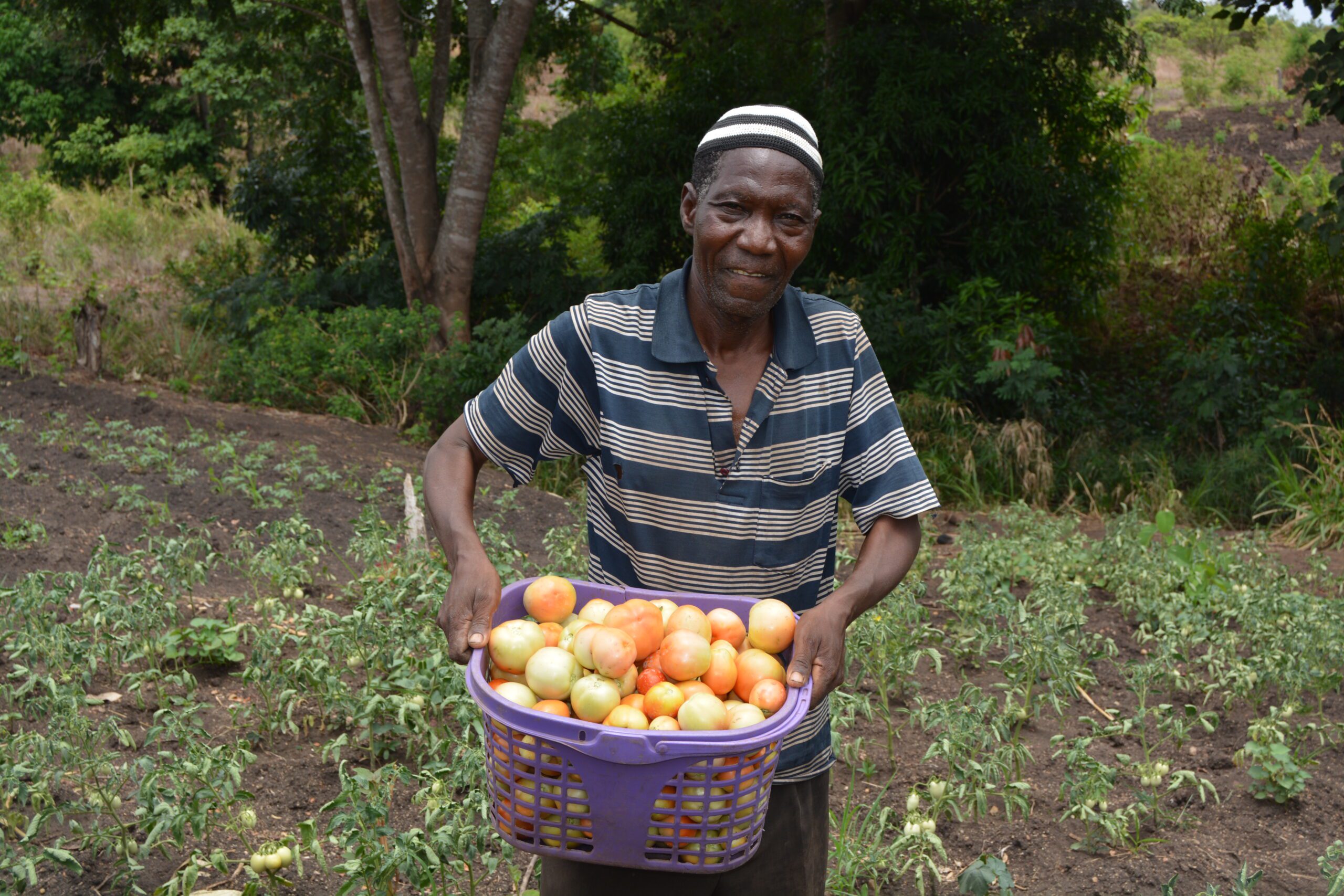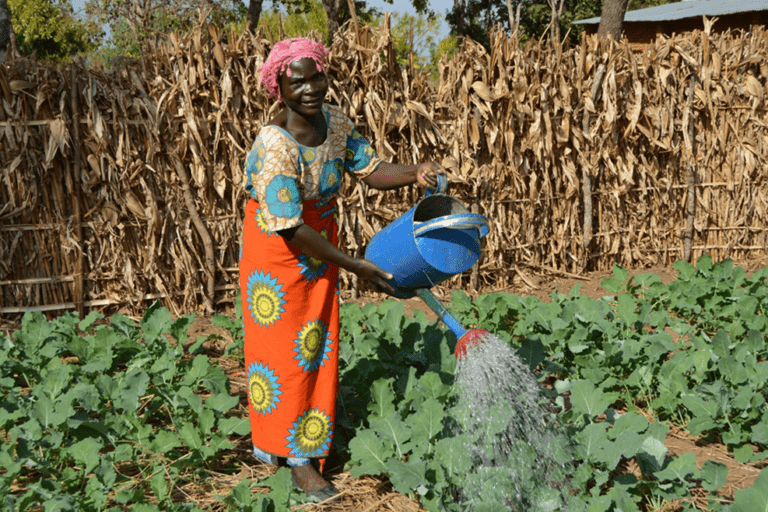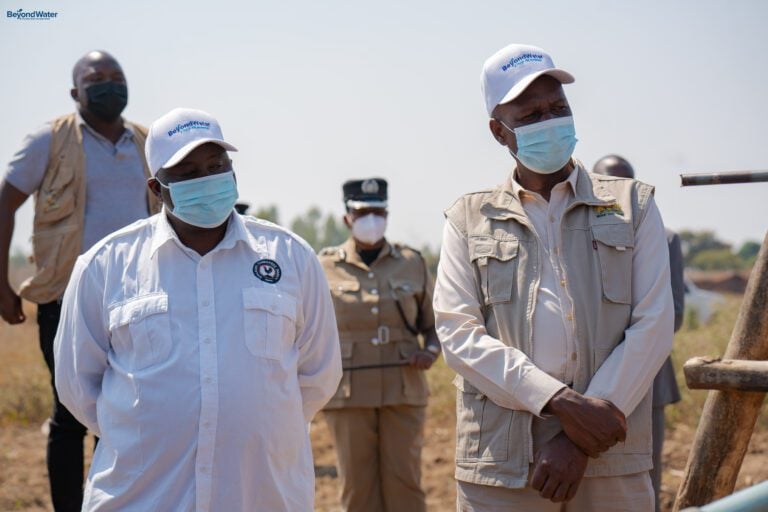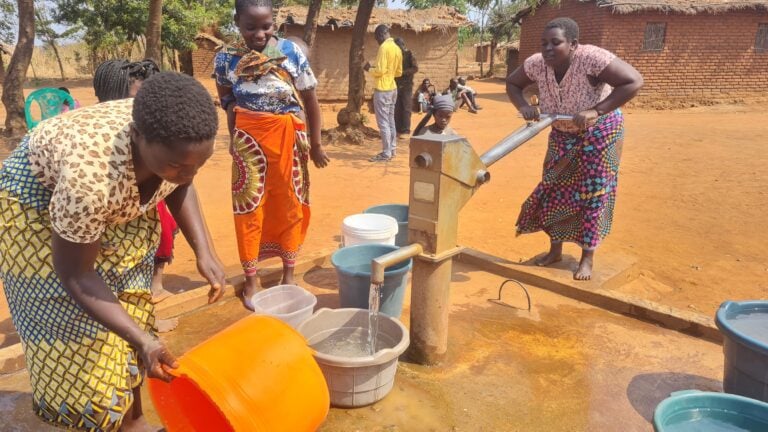The Ripple Effect: How Clean Water Boosts Local Economies
Clean water is not only a basic human right but a catalyst for positive change in communities. Reliable access to clean water eliminates barriers to sustainable development and boosts local economies.
An estimated 2.2 billion people globally lack access to safe drinking water. This deprivation extends beyond thirst; it erodes their fundamental ability to live and thrive. Without a local clean water source, individuals undertake long, arduous journeys to collect water. The ripple effect is devastating, children become highly susceptible to waterborne illnesses, like diarrhoea, leading to malnutrition and stunting, while women and girls are forced to miss out on educational and productive opportunities. These far-reaching consequences of poor water access create a cycle of unproductivity, preventing communities from achieving economic progress when they are constantly grappling with the absence of this basic human right. Reliable access to clean water combats the consequences of poor water access and has the potential to have a ripple effect, for example by boosting local economies and improving health outcomes.
This blog post details the positive ripple effect that safe water access has on local economies.
The Direct Economic Benefits
Reliable access to safe water initiates a cycle of positive development for communities. A major factor that will improve is community health and well-being, especially for vulnerable populations such as children. According to the World Health Organisation (2023), 1.4 million lives can be saved per year by improved access to adequate water, hygiene and sanitation (WASH). Clean water access leads to reduced incidence of waterborne illnesses, such as diarrhoea and cholera, supporting healthy development. This leads to less time spent sick or caring for the sick, increasing school attendance and work opportunities.
Also, safe water access directly translates to increased productive time, especially for women and girls. Without a local safe water source, the time-consuming and exhausting process of collecting water severely limits their ability to engage in productive activities like work or school. As primary water collectors, women and girls are highly vulnerable to this time drain. With reliable safe water nearby, they regain these hours, empowering them to pursue education, generate income and better care for their families. Through these opportunities, communities experience great potential for economic advancement. For example, a woman who no longer must walk 6 km daily to collect water can now spend her time taking business classes to start a small business and generate income.
The Indirect Economic Boost
The positive impacts of clean water access on local economies can also be more indirect. An increase in food security and agricultural productivity is a significant benefit of reliable water access. When farmers have reliable water, they can properly irrigate their crops, leading to increased crop yields and reduced food insecurity. Beyond combatting food insecurity, higher crop yields allow for surplus crops to be sold for profit, boosting local economies.
Pump Aid Insight
We can see this benefit with our work with women’s farmers groups in Malawi. Pump Aid brings reliable safe water access to rural communities through our repair and maintenance programmes. To supplement our water programmes, we train women’s farmers groups in climate-resilient agriculture and business skills, providing them with the necessary knowledge to successfully produce high crop yields and earn an income.
Beyond agricultural benefits, safe water access brings a myriad of indirect benefits to communities. One benefit is that water infrastructure creates jobs. Water infrastructure requires construction, maintenance and management, opening gaps in the workforce that must be filled.
Pump Aid Insight
Pump Aid fosters livelihood opportunities surrounding water in rural communities. Through our work, we train and support local entrepreneurs to become Area Mechanics, training them to provide repair and maintenance to waterpoints under our management. We also provide them with business and financial skills, allowing them to create financially viable and sustainable businesses.
Conclusion
Clean water isn’t just a basic human right; it’s the foundation of economic prosperity. When communities gain reliable access to safe water, the transformation is profound and far-reaching. From boosting health and enabling children to stay in school to empowering farmers with consistent crop irrigation and surplus income, the ripple effect of safe water access is deeply apparent. It’s a foundational investment that catalyses a cascade of positive developments, fostering healthier, more educated and economically vibrant communities. By supporting initiatives that bring clean water to those who need it most, we’re not just providing a necessity, we’re investing in a future where every local economy has the chance to thrive.
Invest in bright futures for rural Malawian communities, here.
Click here to learn more about our work and how we influence local economies.
